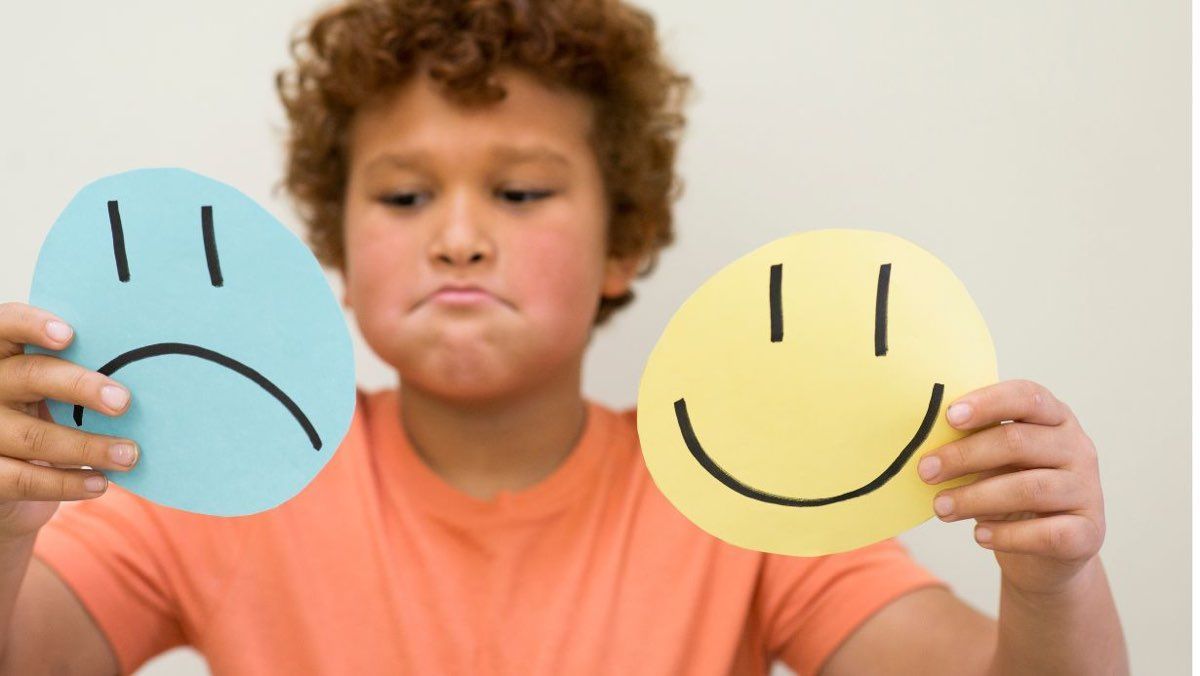Why is Good Change Sometimes Stressful?

Change is a part of life, and it comes in many forms – some good and some not-so-good. Change also offers benefits, such as personal growth, life improvements, and flexibility, as well as difficulties, such as stress, anxiety, and depression. Life Change Therapy is an effective way to help people adjust to the changes they face.
Change and Stress
Changes that are usually considered bad, such as separating from a mate or divorce, being fired, the death of a spouse, or detention in jail or other institute, typically cause the highest stress levels. However, even changes typically considered good, such as promotions, moving to a bigger home, and starting college, can also contribute to stress.
Stress can affect you both physically and mentally. Your body has an automatic physiological reaction to any perceived threat – the fight or flight response. Unfortunately, your body can’t differentiate between stress caused by an actual physical threat and stress caused by a life change.
“In response to acute stress, the body’s sympathetic nervous system is activated due to the sudden release of hormones,” the American Institute of Stress explains. “The sympathetic nervous systems stimulate the adrenal glands triggering the release of catecholamines, which include adrenaline and noradrenaline.”
This fight or flight response can result in many physical effects:
- Increased heart rate
- Dilation of coronary blood vessels
- Suppression of the digestive system
- Increased blood flow
- Immunosuppression
- Increased respiration rate
- Pale or flushed skin
- Dilation of pupils
- And more
If these physical effects persist due to ongoing stress, it can lead to many health problems:
- Insomnia
- Anxiety
- Muscle tension and pain
- High blood pressure
- Poor immune function
- Heart disease
- Obesity
- Depression
Why Does Good Change Sometimes Cause Stress?
Routine is Good for Our Mental Health
Routines create structure, give us a sense of accomplishment, and more. Studies have found that regular routines are calming and can help reduce stress and anxiety. Furthermore, research has found that people – particularly those struggling with mental health concerns like bipolar disorder, depression, and anxiety - need some routine for their mental well-being. Therefore, it stands to reason that even good changes – such as marriage, a new baby, a promotion, etc. – that disrupt the patterns of our lives or change our daily routines can be stressful.
Negativity Bias
“Negativity bias refers to our proclivity to ‘attend to, learn from, and use negative information far more than positive information,’” Positive Psychology explains. Therefore, even when we experience a good change that offers many positive benefits, many people are prone to think about the negative consequences of the change, which can, of course, cause stress.
Comfort Zones
A comfort zone is “a familiar psychological state where people are at ease and (perceive they are) in control of their environment, experiencing low levels of anxiety and stress.” Collins Dictionary states, “If a situation or activity is out of your comfort zone, it does not make you feel secure, comfortable, or in control.” Sometimes, good changes take you out of your comfort zone. For example, if you’re in an abusive relationship, at least it’s familiar; it’s what you know, and you know what to expect. You’re in a comfort zone, and getting away from the abuser (which most would consider a good change) may be scary because you don’t know what life will look like on the other side of that change.
How Can We Manage the Stress of Change?
Here are ten tips to help you deal with change:
- Acknowledge That Things are Changing
- Realize Even Good Change Can be Stressful
- Focus on the Positive
- Find Something Familiar
- Try to be Flexible
- Have a Strong Social Network
- Eat Healthy
- Exercise
- Avoid Self-Medication, Alcohol, and Drugs
- Avoid Making Additional Major Life Changes
Contact Us to Learn More About Life Change Therapy
Life Change Therapy aims to help individuals better understand how to cope with different life transitions to create a healthier and more fulfilling life. Counseling provides an opportunity to learn coping mechanisms and skills that can help individuals gain control over their stress and emotions and can help create calm and resiliency in the extreme moments of change, whether that change is perceived as good or bad.
Contact us today at 610-772-8851 or schedule a free 15-minute consultation.




